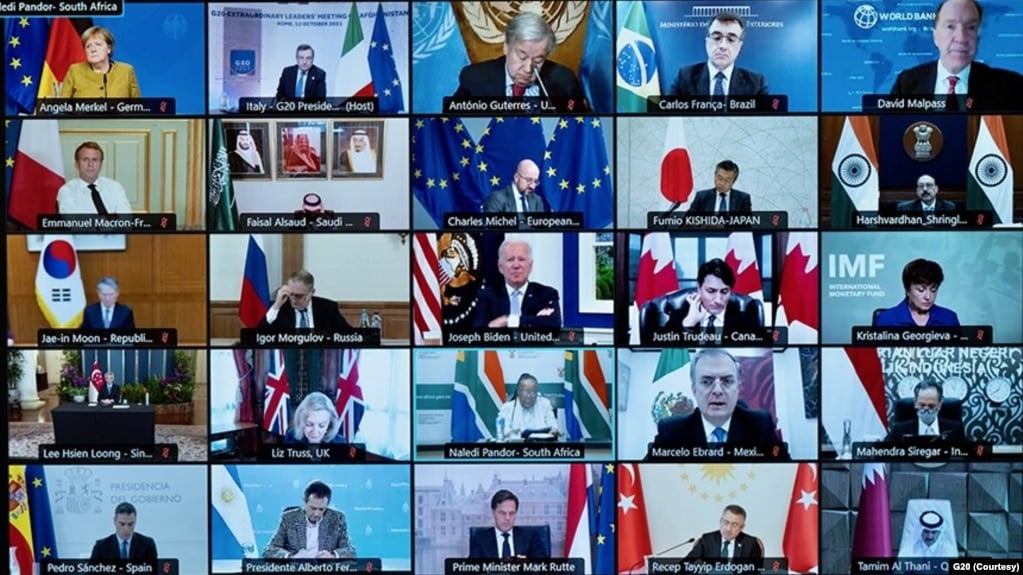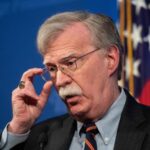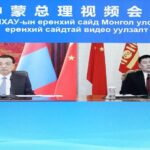The Group of 20 (G20) has agreed to work together to avoid a humanitarian disaster in Afghanistan, even if it means having to coordinate efforts with the Taliban, Italian Prime Minister Mario Draghi said after hosting an emergency summit.
The European Union opened the talks on Tuesday by pledging one billion euros ($1.2bn), which will go to urgent humanitarian needs and also to assist neighbouring countries taking in Afghans who have been fleeing since the Taliban took control of the country on August 15.
“There has basically been a convergence of views on the need to address the humanitarian emergency,” Draghi told reporters at the end of the special video conference.
United States President Joe Biden, Indian Prime Minister Narendra Modi and many European leaders joined the virtual summit, which took place as the Taliban held its first face-to-face talks with a US-EU delegation in Qatar. China’s President Xi Jinping and Russia’s President Vladimir Putin sent representatives rather than attending themselves
Draghi said the two leaders’ absence did not undercut the importance of the meeting organised by Italy, the current G20 chair.
“This was the first multilateral response to the Afghan crisis … multilateralism is coming back, with difficulty, but it is coming back,” Draghi said.
There was unanimous agreement among the participants about the need to alleviate the crisis in Afghanistan, where the country’s assets overseas have been frozen, banks have run out of money, civil servants have not been paid, and food prices have soared. Millions are at risk of severe hunger as winter approaches.
“To stand by and watch 40 million people plunge into chaos because electricity can’t be supplied and no financial system exists, that cannot and should not be the goal of the international community,” German Chancellor Angela Merkel told reporters.
The EU emphasised its money would go to international organisations working on the ground rather than the Taliban, which has not been recognised by any other government.
Much of the G20 aid effort will be channelled through the United Nations, but there will also be direct country-to-country assistance.
Coordination not recognition
Draghi said that the Taliban were crucial to getting the aid through, saying: “It’s very hard to see how one can help the Afghan people … without some sort of involvement of the Taliban government.
“If they don’t want us to enter, we don’t enter.”
He noted the world was especially concerned about the plight of women in the impoverished nation.
“At this time we don’t see progress,” Draghi said.
In a joint statement after the meeting, the G20 leaders called on the Taliban to tackle hardline groups operating out of the country. Future humanitarian programmes should focus on women and girls, and safe passage should be given to those Afghans who wished to leave the country, it added.
Turkey’s President Recip Tayyip Erdogan told the summit in an address broadcast on national television that the Taliban had “not yet delivered what’s expected”.
“We have not seen necessary inclusiveness from them on the issue of humanitarian assistance, security and prevention of Afghanistan being a base of terror organisations and prevention of extremism.”
The White House said leaders had discussed “the critical need to maintain a laser-focus on our enduring counterterrorism efforts, including against threats from ISIS-K”.
Ahead of the meeting, China called for economic sanctions on Afghanistan to be lifted and that billions of dollars of Afghan international assets be unfrozen and handed back to Kabul.
The US and the United Kingdom, where many of the assets are being held, are resisting this effort, and there was no mention of the issue in the final statement.













